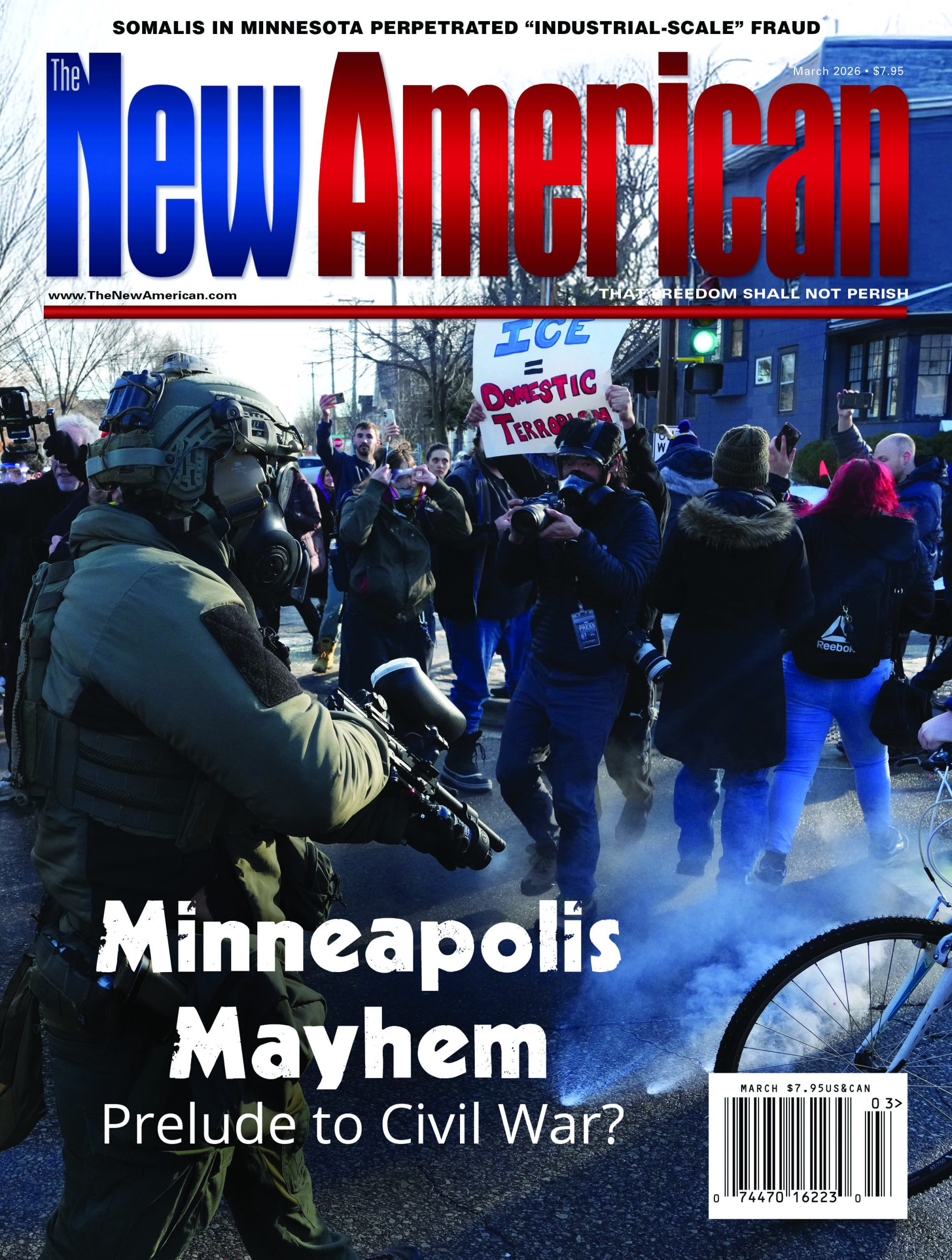
Justice Alito Highlights Constitutional Concerns as Christians Ousted From Jury Pool
U.S. Supreme Court Justice Samuel Alito commented on the exclusion of two Christians from serving on a jury in a case involving a lesbian. Alito’s statement described this decision as a worrisome sign that Americans publicly professing biblical perspectives on social issues are increasingly viewed as intolerant and potentially face exclusion not only from serving on juries, but from protection of the free exercise of religion as guaranteed by the First Amendment. This observation came after the state of Missouri requested the Supreme Court to examine the verdict.
Here’s some background on this potentially precedent-setting case.
In the orders list published late last month, the Supreme Court of the United States opted not to review the case titled Missouri Department of Corrections v. Jean Finney. This development followed an appeal by Missouri’s Attorney General Andrew Bailey challenging the outcome of a discrimination lawsuit targeting the Missouri Department of Corrections.
The matter at the heart of the case was Jean Finney, an employee within the department, who claimed to have experienced retaliatory behavior from a colleague in response to her involvement in a same-sex relationship with his ex-spouse. In 2021, Finney initiated legal action against the department, accusing it of fostering a hostile work environment.
Throughout the process of jury selection, Finney’s legal team posed a question to potential jurors about their upbringing in religious settings that possibly taught them to view homosexuality as sinful and homosexuals as undeserving of equal rights. The inquiry also sought to determine whether these individuals could impartially judge the case, leading to the dismissal of two jurors who admitted that their religious faith considered homosexuality to be a violation of the commandments given by God to man.
Once empaneled — without the two Christian jurors who were excluded for their admission regarding homosexuality — the jury listened to evidence and ultimately found in favor of Finney, resulting in a $275,000 award.
Following this verdict, the state’s legal representatives called for a new trial, contending that the method of jury selection compromised the fairness of the trial, particularly in light of their defeat. However, their appeal was turned down by the Missouri Court of Appeals, and with the Missouri Supreme Court also refusing to reconsider the case, Bailey sought relief from the U.S. Supreme Court.
Justice Alito expressed concern over this treatment of Christians, a concern he had previously articulated in his dissent to the Court’s Obergefell v. Hodges opinion that purported to legalize same-sex marriage in 2015. He noted his reluctant agreement with the Supreme Court’s choice not to review Missouri’s challenge on Feb. 20, based on a legal technicality, not on the merits of the case.
In his statement, Alito pointed out that the lower court’s rationale was that someone who maintains traditional religious convictions concerning sexual ethics is automatically deemed unfit to serve on a jury in a trial involving a lesbian individual.
“This decision highlights the risk I foresaw in Obergefell v. Hodges,… that is, individuals who openly adhere to conventional religious beliefs regarding homosexual behavior will be ‘marked as intolerant and treated accordingly’ by authorities,” Alito elaborated.
Despite assurances in the Obergefell v. Hodges decision that it should not serve as grounds for discrimination against individuals with scriptural views on marriage, Alito voiced his concern that this caution is being overlooked by society.
He reiterated his prediction from his dissent that the Obergefell v. Hodges decision would be used to malign Americans who do not conform to the newly established norms. He compared the decision’s potential misuse to past injustices faced by African-Americans and women, suggesting it could be utilized by those keen on eliminating any form of disagreement.
Reflecting on Obergefell v. Hodges, Alito referenced the Supreme Court’s refusal to consider Missouri’s appeal of the decision in the Finney case.
Missouri’s appeal contested the appellate court’s support for the exclusion based on the jurors’ religious convictions, which the appellate court justified by agreeing with the trial court that such jurors could not impartially approach the case due to their views on the plaintiff’s sexual orientation.
Prohibiting these two jurors from hearing a case involving a homosexual defendant could potentially result in the permanent taint of Christians as “homophobic” or “transphobic” and their being automatically disqualified from serving on juries, and perhaps even serving as judges.
Such a distinction would render Christianity a “scarlet letter,” a signal to everyone that such a person must be marginalized and precluded from participating in any judicial or political processes, leaving such arenas available only to those rejecting traditional norms.
Alito expressed apprehension regarding the appellate court’s logic, emphasizing the need for the Supreme Court to eventually tackle such decisions, although he mentioned a technicality related to state law that prevented the current case from being reviewed.
He clarified that he would have supported a review if not for the appellate court’s conclusion that the objection to the jurors’ dismissal was not adequately preserved by the Department of Corrections, thereby limiting the review to ‘plain error’ under state law.
“Due to this complication related to state law, I reluctantly agree with the decision to deny certiorari,” Alito stated.
In his statement, Alito underscored the importance of safeguarding religious freedom within the judiciary, asserting that courts must honor individuals’ fundamental rights, including the right to freely practice religion and to equal protection under the law.
“When a court, representing the state, deems someone unfit for jury duty based on their religious beliefs, it touches upon essential rights,” he remarked.




